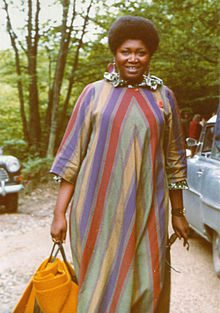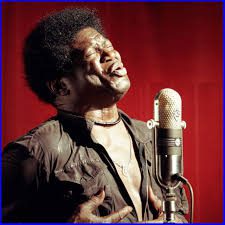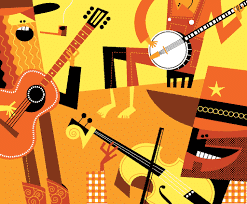Influence On The Black Sound
European Influence On The Black Sound Similar to many aspects of modern culture a society, music has been formed with a sprinkle of multiple different
Work songs were used in Slave communities to help coordinate movement, lift their spirits, and help ward of fatigue while working. Many times, planters would appoint the best and strongest singer to lead the group, since they could keep the work songs going and help improve productivity among the slaves. Songs were also used as a protest against the slave owners. Slaves would sing satiric protest songs to make fun of the slave owners and their families. This was a safe way for the slaves to speak their minds without provoking offense.

In Louisiana, there was a large population of free blacks who lived in prosperous groups. The musicians in these communities got the rare opportunity to study French music and French Opera. These musicians would then minge with slave communities, and through acculturation, creole music was formed.
Folk music played an influential role in the Civil Rights Movement. Musicians would play protest songs to motivate protesters and to put words to their movement. Odetta was specifically known as the “Voice of the Civil Rights Movement”. Her music and politics were a force for the movement and sang at the March on Washington next to Reverand Martin Luther King Jr.

European Influence On The Black Sound Similar to many aspects of modern culture a society, music has been formed with a sprinkle of multiple different

Charles Bradley – The Legendary Late Bloomer Charles Bradley is the perfect example of an artist searching for their musical dreams in America. In comparison
The Female Composer The ragtime era of music gave a rise to female-composed piano pieces. Most of the composed pieces during this time were most

Folk Music Influence in Slave Communities Work songs were used in Slave communities to help coordinate movement, lift their spirits, and help ward of fatigue

Login to your account